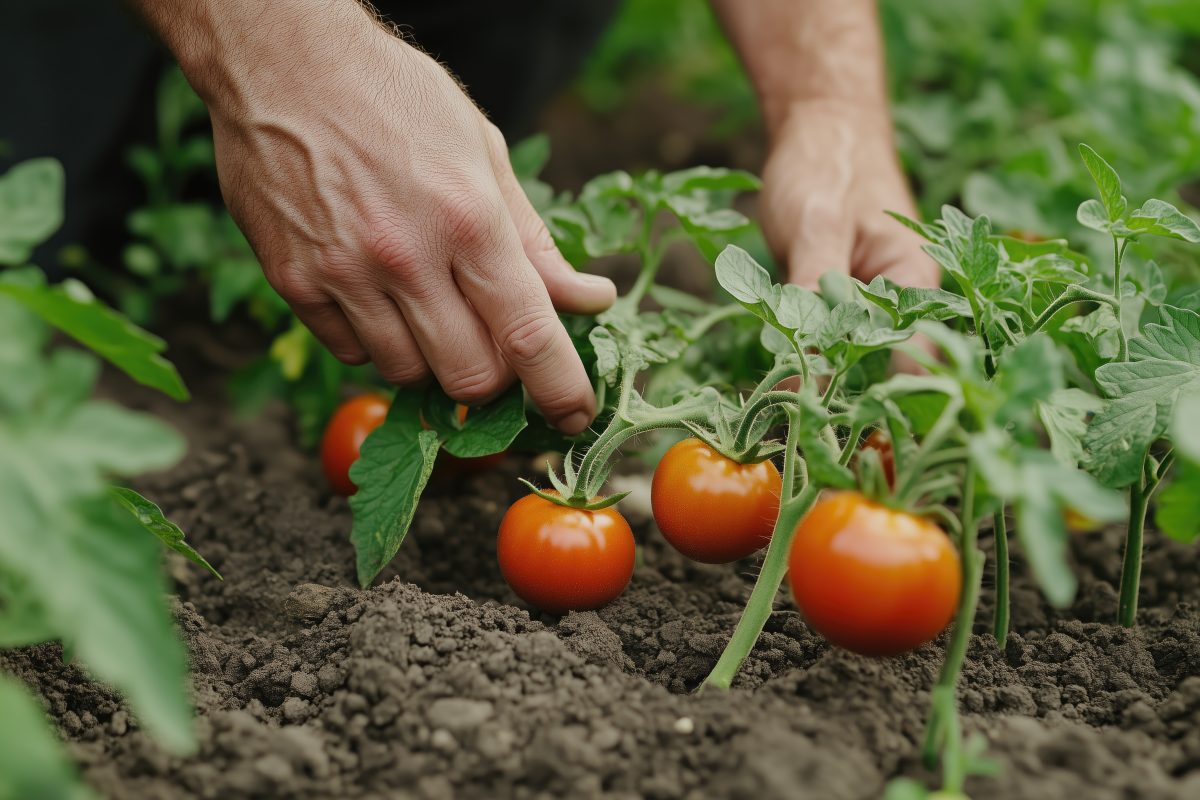What is Organic Farming?
Organic farming is one of the forms of agriculture that focuses on the use of natural resources while excluding synthetic chemicals that include pesticides, fertilizers, and GMOs. Its main objective is to provide ecological balance, biodiversity, and safe, nutritious food as outputs.
Organic Farming in India: An Emerging Movement
Recently, organic farming in India has been much promoted. The country’s strong agricultural history combined with the increase of people’s awareness about the merits of organic farming has been the pillars of its growth. Many farmers have adopted this approach in order to develop a healthy soil, reduce harm to the environment and get better economic conditions.
Benefits and Drawbacks of Organic Farming
Benefits:
- Environmental advantages: Organic farming protects biodiversity, reduces soil erosion, and improves water quality.
- Better food health: Organic food items are considered safer and healthier than the conventionally cultivated ones as they are free from synthetic chemicals.
- Health of soil: Organic cultivation can enhance both soil fertility and its strength.
- Rising demand: There is an increasing demand for the products in all parts of India as well as worldwide.
- Better living standards: The farmer gets a much higher income compared to other farming methods.
- Higher production costs: Organic farming is labor intensive, and thus more expensive than conventional farming methods.
- Lower yield: Yield will most likely be lower when switching to organic farming techniques as compared to when conventional farming techniques were utilized.
- Pest and disease control: Organic farmers might find it challenging controlling pests and diseases. Organic farmers could choose not to use synthetic chemicals to control pests and diseases.
- Inaccessibility to Organic Markets: Most organic farmers find it difficult to get markets for their products
Types of Organic Farming
There are the following kinds of organic farming practices
- Permaculture: This is a design system that imitates natural systems to develop sustainable and productive food systems.
- Biodynamic farming: This is an agriculture type that uses biodynamic preparations along with spiritual practices.
- Organic hydroponics: Growing plants in an aqueous solution, without using soil and with nutrient solution.
- Organic livestock farming: The term is often used for rearing animals in line with the principles of organic farming generally associated with grazing on free pastures and feeding on organic material.
Objectives of Organic Farming
- Organic farming has several core goals:
- Production of healthy and safe food
- Environmental protection
- Improvement of the environment
- Maintenance and development of biodiversity
- Sustainable local economies
Organic farming is a type of agriculture that is sustainable and less harmful to the environment. As more people embrace more information on its advantages, it is likely to become more crucial to food security and a healthy planet by future generations of users of this resource.
Check out our recent products and shop at https://naikkrishi.com

